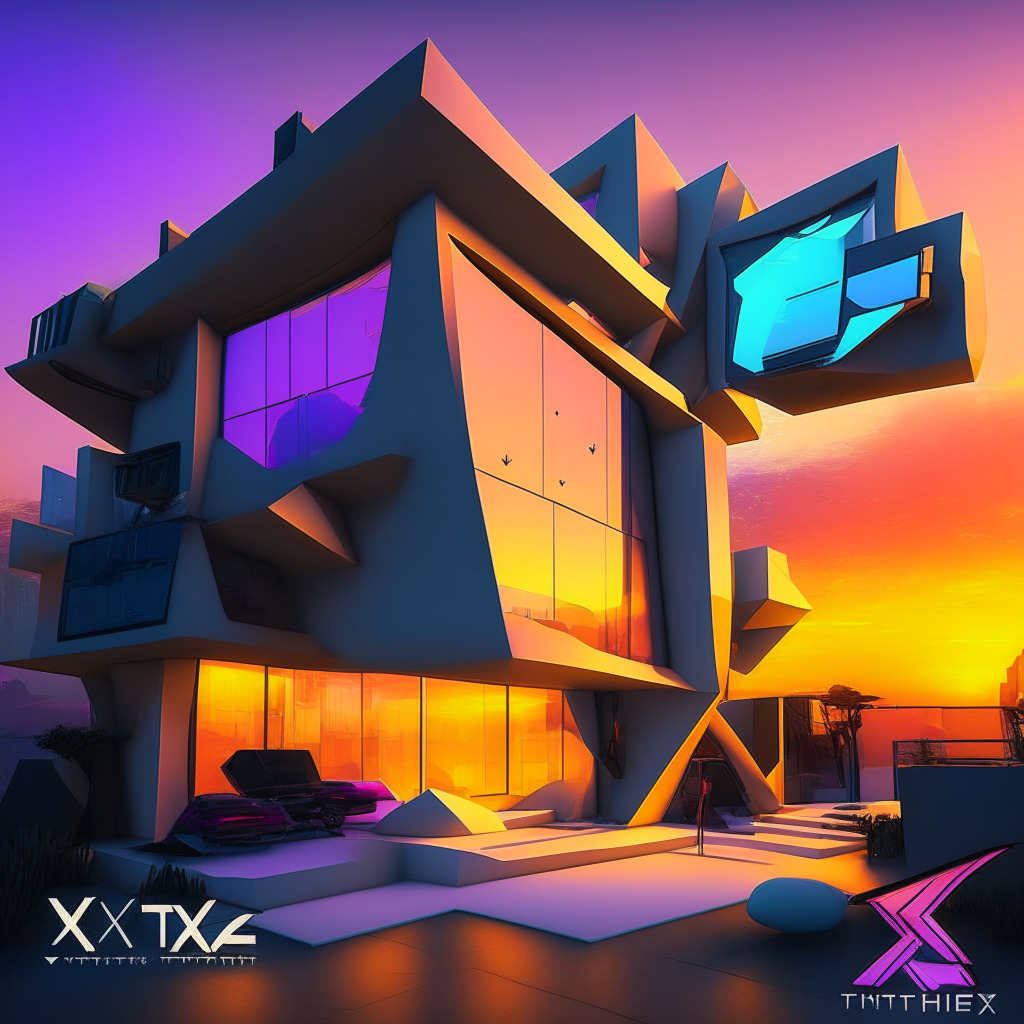DeeLance, a revolutionary addition to the crypto sphere, has become a focal point for both retail and institutional investors, following the successful funding of its native token, $DLANCE, that reached an impressive milestone of $1.5 million in presale. The promise of potentially high returns on investment is inevitably a drawcard, yet skepticism lingers, questioning whether the next big crypto asset moonshot is materialising.
The primary lure of DeeLance is its groundbreaking approach towards reinventing the recruitment sector. The current freelance platforms, Web2-powered ones like Fiverr and Upwork, though popular, are believed to have stifled the expansion of the recruitment industry due to their challenges. DeeLance’s answer? Web3 capabilities that meet the needs of both employers and creatives, promoting an ecosystem infused with blockchain technology, non-fungible token (NFT) technology, and the metaverse. A lofty expectation of the freelancing sector is its potential to act as the catalyst for immense growth of the recruitment industry through these advanced technologies.
However, a critical perspective could argue that this venture entails a massive undertaking, specifically given that DeeLance is targeting a saturated market, worth $761.6 billion in revenue. Though the integration of NFTs and the metaverse promises to foster adoption among freelancers, hirers and the blockchain, can the avant-garde promises of one platform shift an entire industry away from the giants, including LinkedIn, Flexjobs, and Toptal?
DeeLance’s strategy of employing an AI algorithm and smart-contract powered escrow accounts may be the game-changer. By enabling legitimate freelancers from all regions to access job opportunities equitably, favoring neither side by opting for direct transactions with no third-party involvement, and providing the option of crypto payments, DeeLance seeks to eliminate the impediments prevalent in the existing freelance platforms.
However, the devil is in the details – an essential part of this strategy is its reliance on on-chain KYC verification to avoid fraudulent activities. It’s a mechanism that keeps the workspace safe but one that could potentially compromise user privacy.
Certainly, the introduction of NFT technology and the metaverse in recruitment adds a tantalizing spin on things. The ability to tokenize tasks and engage with other members in a digital workspace appears ideal. However, eyebrows may raise at the susceptibility of such a system to gaming and manipulation, quelling the initial excitement.
The capstone, $DLance, is selling rapidly on presale, pointing to growing interest in global investors. With only five days remaining before an expected price increase, the momentum around DeeLance could result in a notable price surge. However, the understanding of the highly volatile nature of crypto assets is crucial here. After all, without risk, there are no substantial rewards.
While DeeLance’s innovative approach to disrupt the recruitment industry powered by NFT technology and the metaverse are indeed promising, the challenge lies in supplanting giants and implementing an efficient, secure, and privacy-respecting KYC process in the crypto landscape that is full of uncertainties and risks.
Source: Cryptonews




